Maintaining a Healthy Music City: How to Support Spaces for Creation
How do you have a healthy music city? How does music enhance public life in the city? How can Toronto venues be better supported to ensure that the city’s music industry remains vibrant yet accessible? These were the questions that were discussed in our Virtual Facebook Live Panel on March 2, 2022.
The virtual live panel featured individuals highly involved in Toronto’s music sector: Mike Tanner, Music Sector Development Officer , Aerin Fogel, Artistic Director of Venus Fest and Shamez Amlani, Venue Owner (La Palette/DROM), President of Queen St W BIA . Luminato CEO, Celia Smith, moderated the panel.
What is a Music City?
Early on in the discussion, the panelists introduced their vision of the ideal “music city” and what that could look like for Toronto. For Shamez Amlani, the key to invigorating Toronto’s music economy is to invest in its nightlife. He brought up Berlin and New Orleans as examples of cities that are well-known for their vibrant 24 hour music scene, and spoke about the economic benefits that such a reputation would have for small, independent music venues. “I don’t want money to just pay my rent, I want to have an opportunity to join the ranks of the great cities of the world,” says Amlani.
So how do we make this happen?
Mike Tanner was optimistic that Toronto is heading in the direction of achieving Amlani’s goal. He referenced the ingenuity and creative innovation of artists and venues during the pandemic. The need to keep the live entertainment industry going while adapting to COVID safety policies, meant thinking outside the box on finding new ways to bring music and entertainment to the city. This included integrating technology and getting creative with outdoor spaces.
In order to action the “music city” dream into reality, Tanner talked about the importance of teaming up with the municipal government, as he does regularly. Tanner encouraged Torontonians to write to their council members and advocate for further development, “If your government wants to recognize the city as a music city… create a position within the government or an advisory committee to advocate for the development of music strategy… Music strategy gives your city the priorities and actions to take in order to grow the music community”.
Our mission should be to create a healthy environment for artists to share their talent, collaborate with other artists and make this city a cultural Mecca.
Shamez Amlani
The Magic Wand Question
Celia Smith asked the panelists what they would do for the music industry if they had a magic wand that could create whatever solutions they want. Aerin Fogel’s response was to tackle the issue of affordability in the city. They mentioned that Toronto is becoming increasingly unaffordable and unsustainable for artists and arts workers. In order for Toronto to be a music city, it must retain its artists and venues. According to Fogel, the solution that we need is to include artists in the development, as opposed to only including the large corporations who own the big entertainment venues. “For me, a magic wand means that independent artists and people working in the industry also become part for the development and are able to benefit from that as well.”
Fogel also challenged the idea of Toronto’s growth and development as a music city, pointing out that growth and housing development are the reasons behind the city’s increasing unaffordability, “Growth is unsustainable- things are not meant to indefinitely expand… the major issue of affordability comes from the real estate development and growth in the city.” In the same vein, the label itself “music city,” can be viewed as a clever marketing slogan, according to Fogel, to use as a tool for further real estate development.
The question then becomes, how can we create a thriving music sector without furthering the disparity between independent artists and corporations? For Tanner, the solution is to advocate for the importance that music has for the city’s culture as opposed to its financial benefit, “many venues and hospitality companies have started music venues or music events because they recognize it’s important for our cultural landscape.”
We can’t do anything about affordable housing, but we can do something about affordable rehearsal spaces
Shamez Amlani
How can you support artists and venues?
Throughout the discussion, panelists answered questions from the audience with the common link between each question being, “how can music lovers support artists and music venues?”
Fogel’s response was simple: go see artists you don’t know! The best way to support independent artists, and in turn independent venues, is to support artists that are not yet well known to everyone. It will allow you to discover new sounds and help the artist gain new audiences to grow with. Tanner supported this claim, saying, “Emerging artists have to emerge somewhere, and that’s not always going to be headlining their own show.”
One of the many challenges that venue owners and arts workers in the music industry face is allowing entertainment to be accessible for people in the city, while also being able to cover their own expenses and paying the artists fairly. Amlani’s solution to this conundrum is to throw away cover charges and simply pass around a hat with a pay-what-you-can policy. With this practice, according to Amlani, attendees can pay according to their ability and there’s no cap or standard for how much they can put in. This way, those in higher income brackets would be willing to pay more than they would have with a lower entrance fee and the artists have a higher chance of earning more for their performances.
The important takeaway from this discussion was that we don’t have all of the answers yet. There are many challenges and struggles that Toronto’s music sector faces that can’t be solved overnight, but the vision of Toronto as a music city can motivate the arts and culture sector to build on our vibrant foundation. After coming out of the pandemic slightly scathed but still strong, there is more incentive now than ever to build up our artists and venues.
Want to learn more about the role of arts and culture in city building? Check out our last panel on Leading Cities in Change, Through Change
featuring four civic leaders from the Greater Toronto Area discussing the opportunities and challenges of leading city-building organizations through change during a global pandemic.
Be sure to sign up for our monthly newsletters
and follow us on socials so you don’t miss future Facebook Live
discussions.
Watch the Full Panel Discussion Below
Explore Luminato’s Music Events
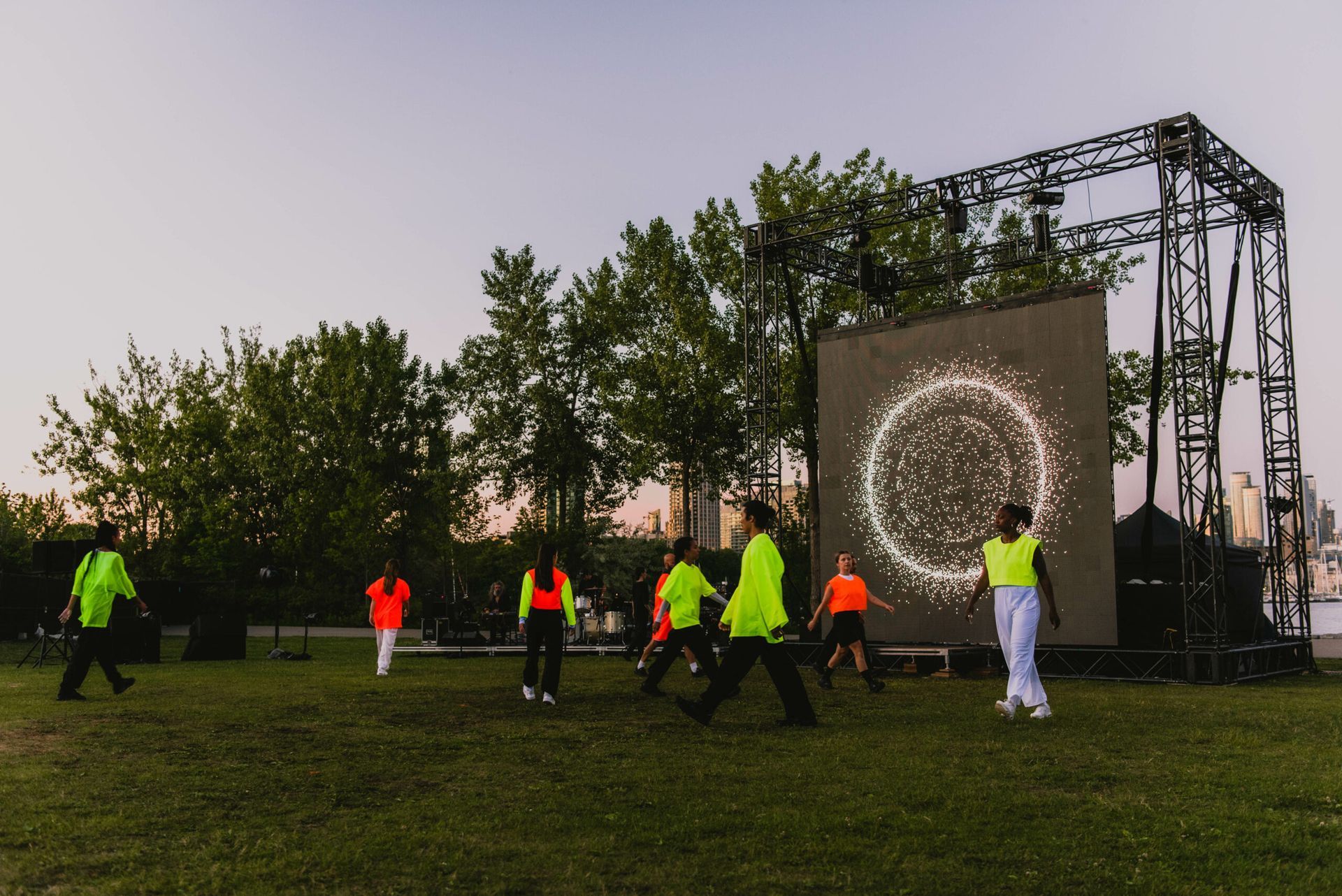



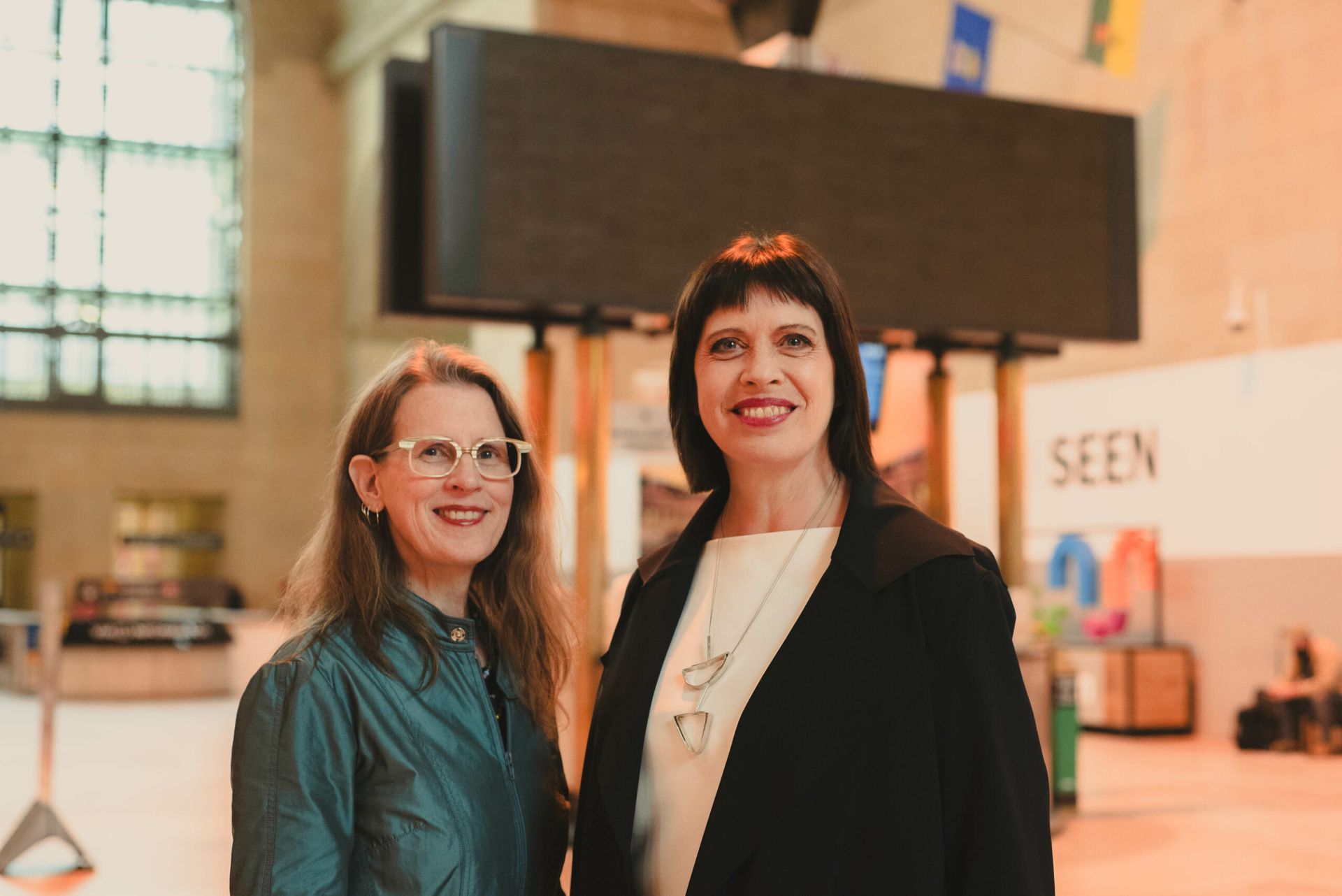
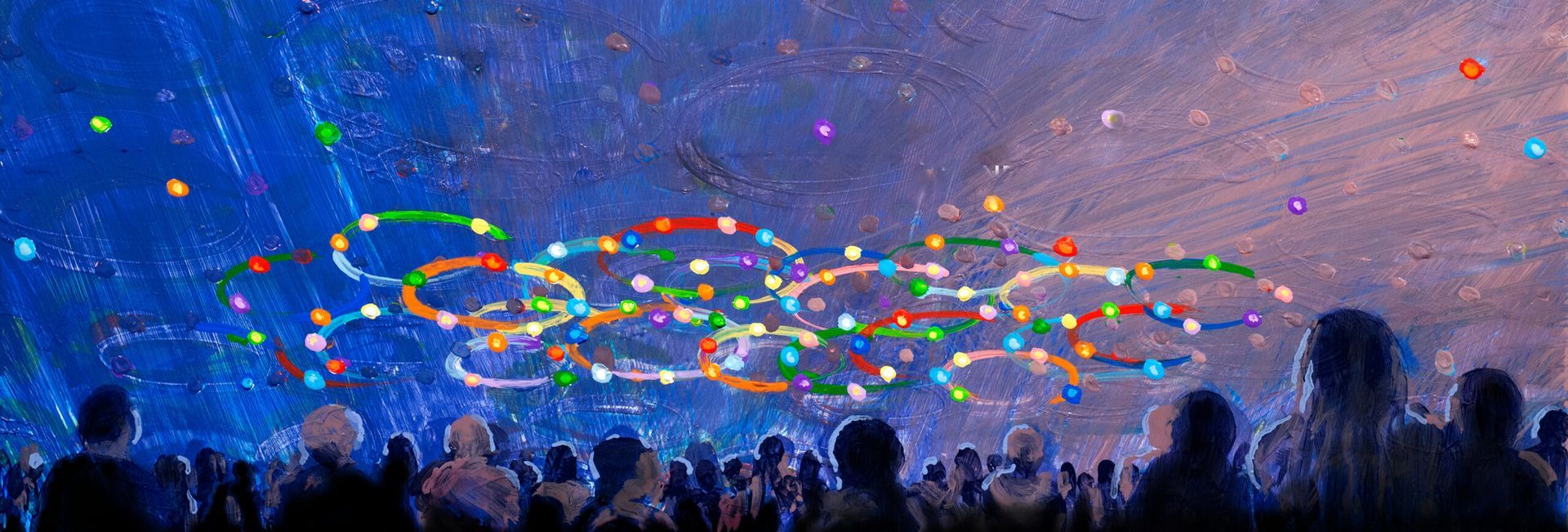
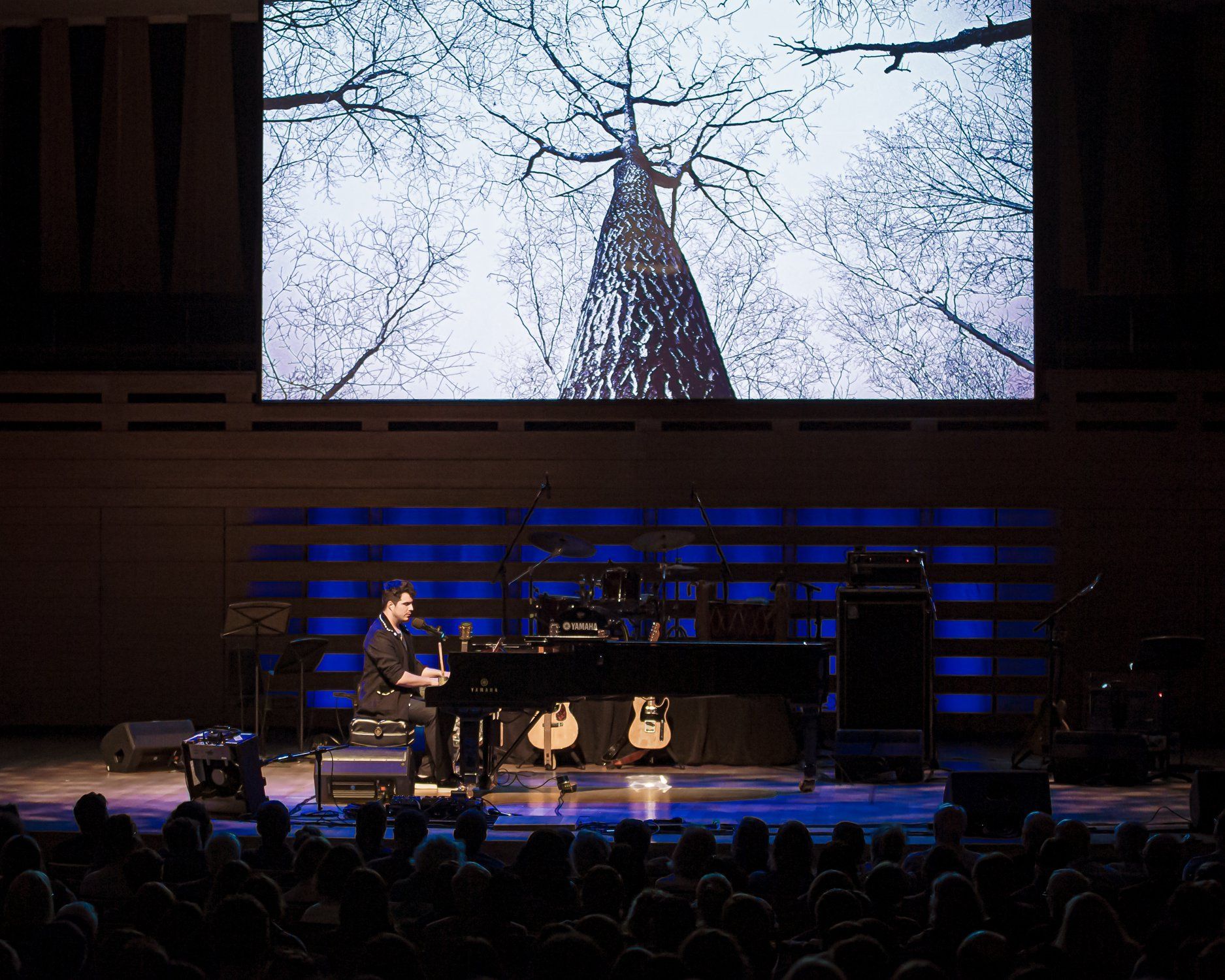



© 2025 Luminato Festival Toronto, All rights reserved.
Privacy Policy
|
Terms and Conditions
